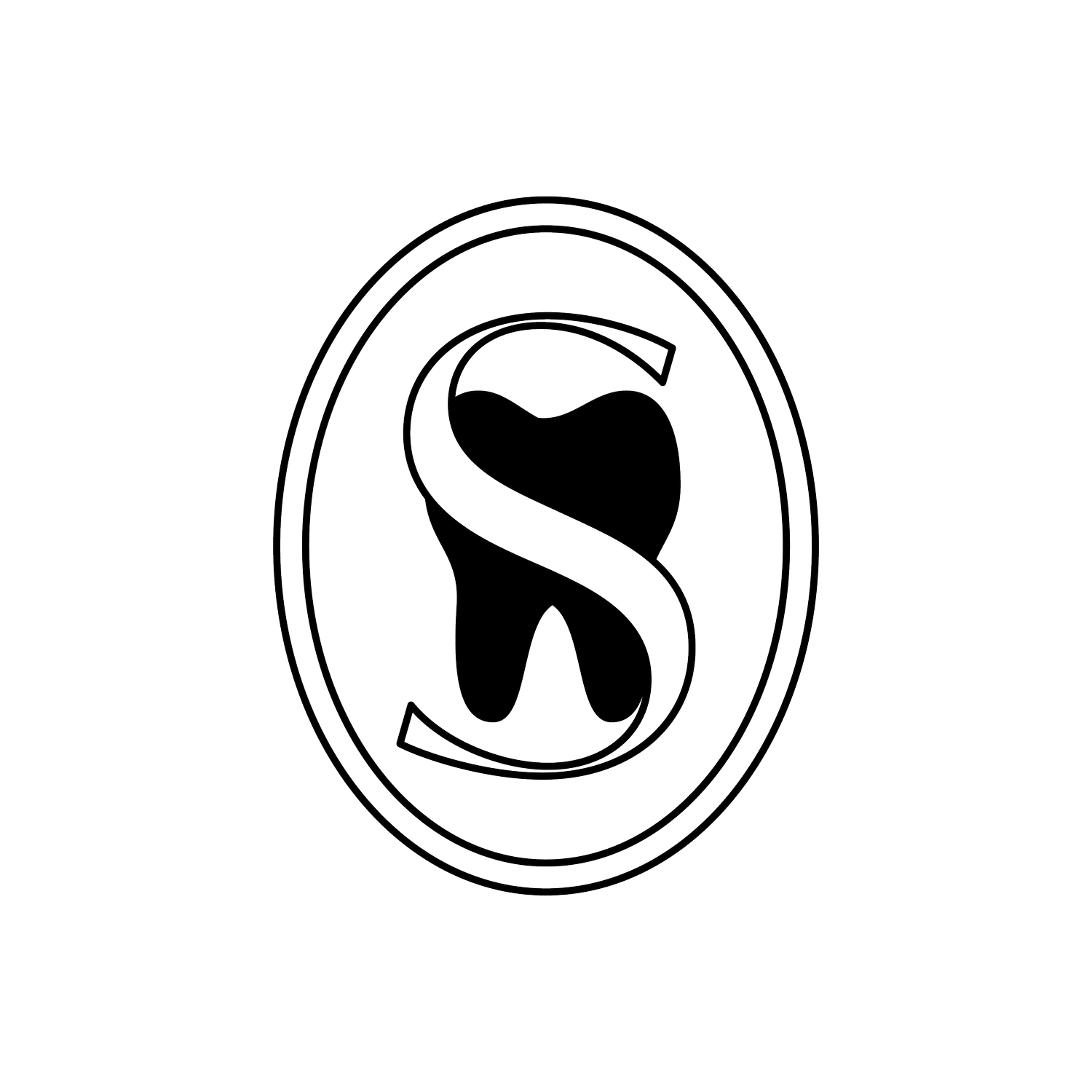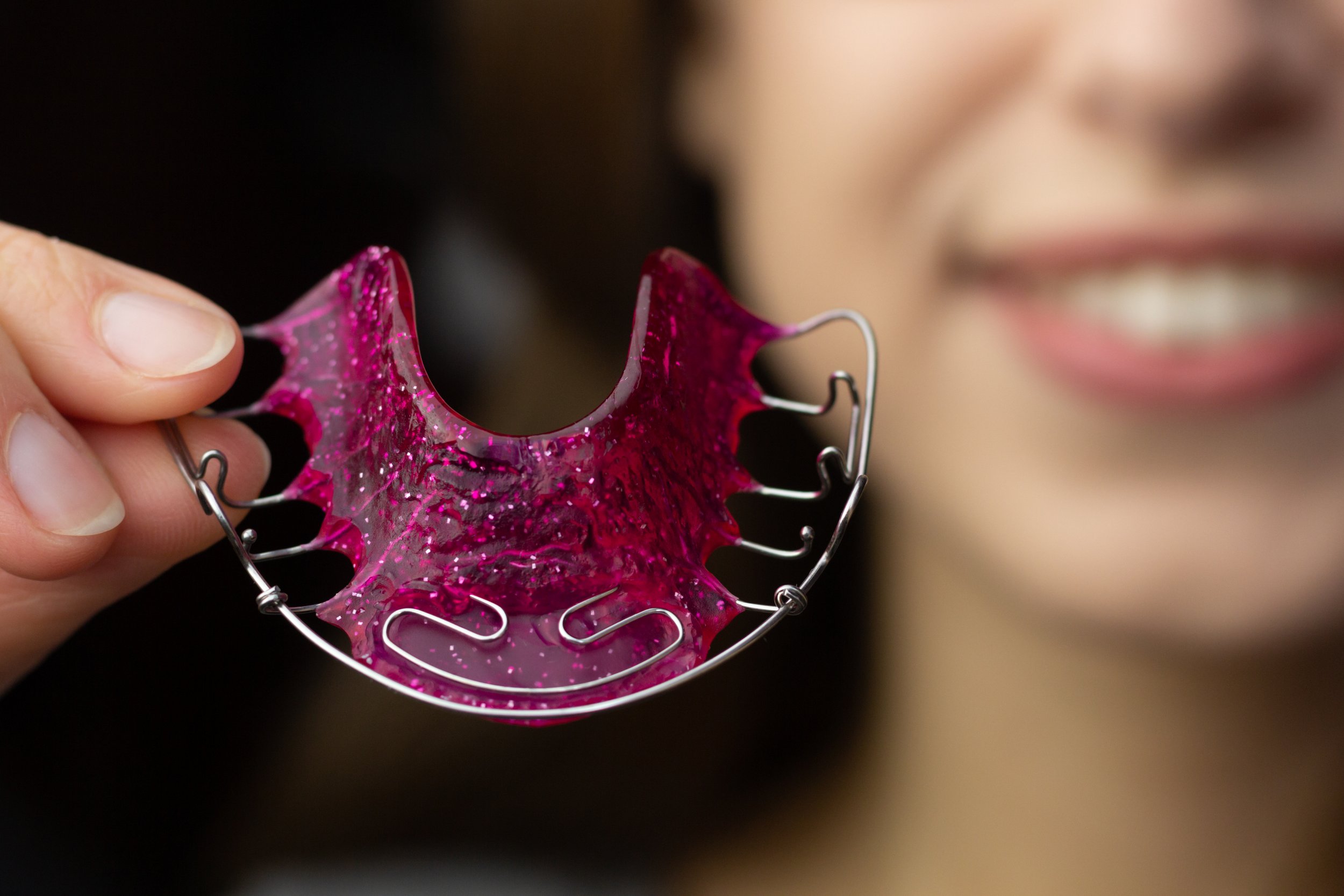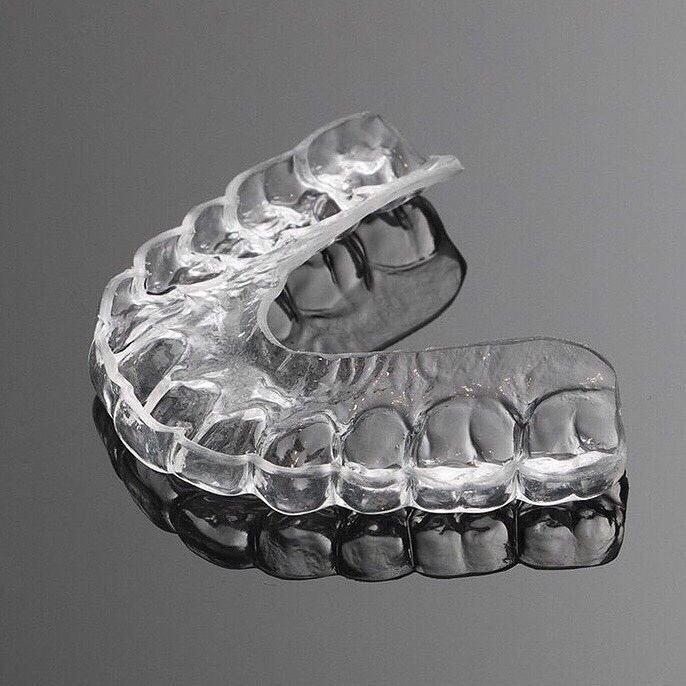Orthodontic Retainers: Everything You Need to Know
Orthodontic treatment (eg braces or clear aligners) is a significant step toward achieving a perfect smile. However, even when the braces come off, the journey isn't over. Retainers play a crucial role in maintaining your new smile by ensuring that your teeth stay in their aligned positions. Here, we will explore and discuss all you need to know about orthodontic retainers.
Why Do We Need Retainers?
After orthodontic treatment, your teeth need time to settle into their new positions and stabalise. Retainers help maintain the alignment achieved by braces or invisalign by preventing your teeth from moving back to their original positions. Without retainers, there is a high chance of relapse, making the entire orthodontic treatment ineffective.
What Are Retainers Made Of?
Understanding the materials used in retainers can help you make an informed decision about which type to choose.
Hawley Retainers: These are made of a combination of metal wire and a hard acrylic base. The metal wire runs across the front of the teeth, while the acrylic base sits on the roof of the mouth or along the inside of the lower teeth.
Clear Plastic Retainers: These are made from a clear thermoplastic material. The thermoplastic is moulded to fit snugly over your teeth, providing a nearly invisible appearance.
Bonded Fixed Retainers: These are made of a thin, custom-fitted wire that is bonded to the back of your teeth using dental cement. The wire is typically made of stainless steel or a similar metal alloy.
What Are The Different Types of Retainers?
Hawley Retainers
Pros:
Durable and long-lasting
Adjustable for minor corrections
Allows natural bite
Possibly repairable if broken
Cons:
Visible metal wire
May affect speech
Clear Plastic Retainers
Pros:
Virtually invisible
Custom-fitted and thin for comfort
Easy to put on and remove
Cons:
Less durable
Requires frequent replacement
May discolour if you drink/smoke wearing it
Cannot be repaired if broken/crack
Bonded Fixed Retainers
Pros:
Permanent (no need to remember to wear them)
Invisible from the outside
Durable, long-lasting
Cons:
Difficult to clean, as it is harder to floss
Can be uncomfortable initially (although patients tend to get used to it after some time)
Enquire Now
-
Enquire Now -
How to Clean Your Retainers?
Cleaning your retainers is vital to prevent bacteria build-up and ensure they stay in good condition.
Hawley Retainers and Clear Plastic Retainers:
Brush them with a soft toothbrush and water daily
Avoid using toothpaste as it may be too abrasive
Soak them in retainer cleaning tablet solutions 2-3 times weekly. They can be purchased in pharmacies
Bonded Retainers: Clean around the retainer using interdental brushes and floss to remove plaque and food particles using Oral B superfloss
Avoid using hot water, as it can warp the retainers and steer clear of harsh chemicals that could damage the material.
How Much Do Retainers Cost in Singapore?
Hawley Retainers: $300 (Per Arch)
Clear Retainers: From $218 (Per Arch)
Fixed Retainers: $327 (Per Arch)
All quoted prices are inclusive of GST.
The Importance of Good Oral Hygiene and Retainer Compliance
Maintaining good oral hygiene and being compliant with wearing your retainer as prescribed by your dentist is essential. Poor hygiene can lead to cavities, gum disease and unpleasant odors. Consistent retainer use ensures that your teeth remain in their desired position, preserving the results of your orthodontic treatment.
What Is The Best Type Of Retainer for You?
All retainers each have their unique strengths and weaknesses. The best retainer for you depends on your lifestyle, dental needs and personal preference. It is advised to discuss with your dentist to determine the most suitable option. What you choose will be a constant in your life for a long time. So, it is important to find the one that you find most comfortable to use properly for many years.
FAQs
-
Initially, you may need to wear your retainer full-time, gradually reducing to night-time wear as advised by your dentist. Retainer wear is a lifelong commitment to ensure teeth remain aligned.
-
It is not recommended to eat with removable retainers as it can damage and stain them. Always remove them before eating and drinking anything other than water.
-
Contact your dentist as soon as possible to get a replacement. Continuing to wear a broken retainer can harm your teeth and gums.
-
The lifespan of a retainer varies. Clear retainers may require replacement every year, while Hawley retainers can last several years with proper care. Fixed retainers can last longer but may need adjustment or repair over time.


